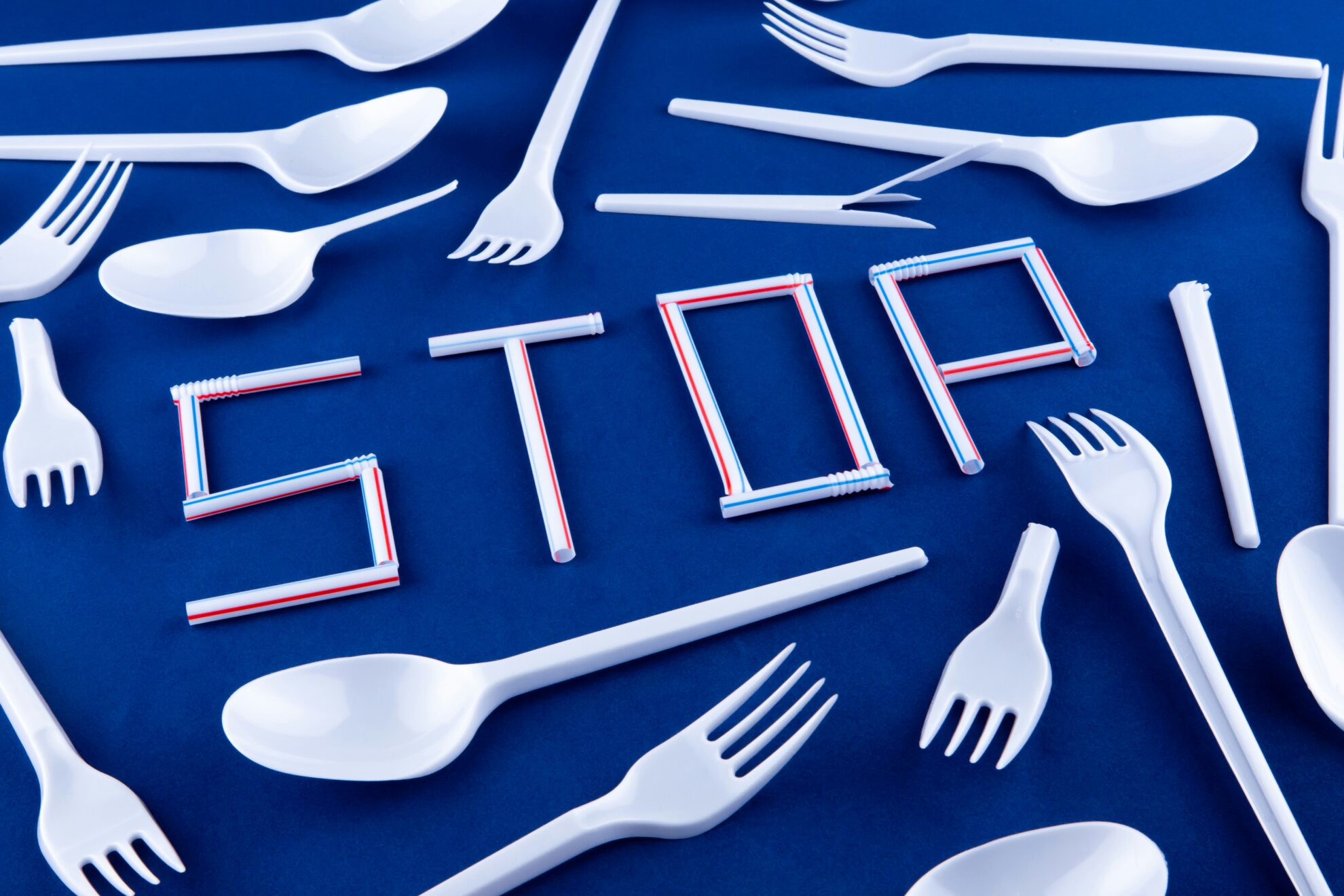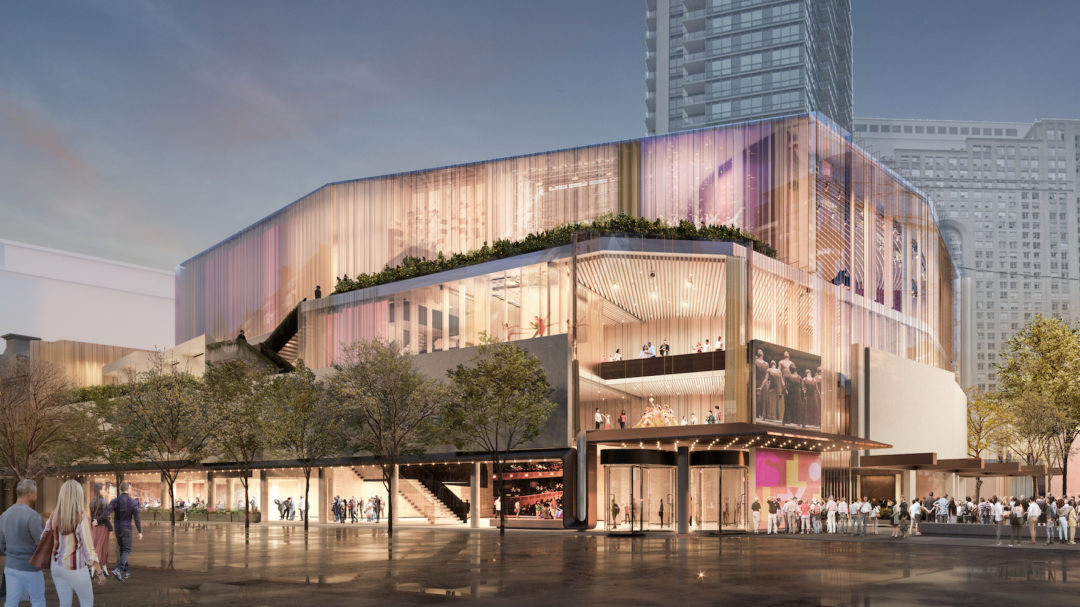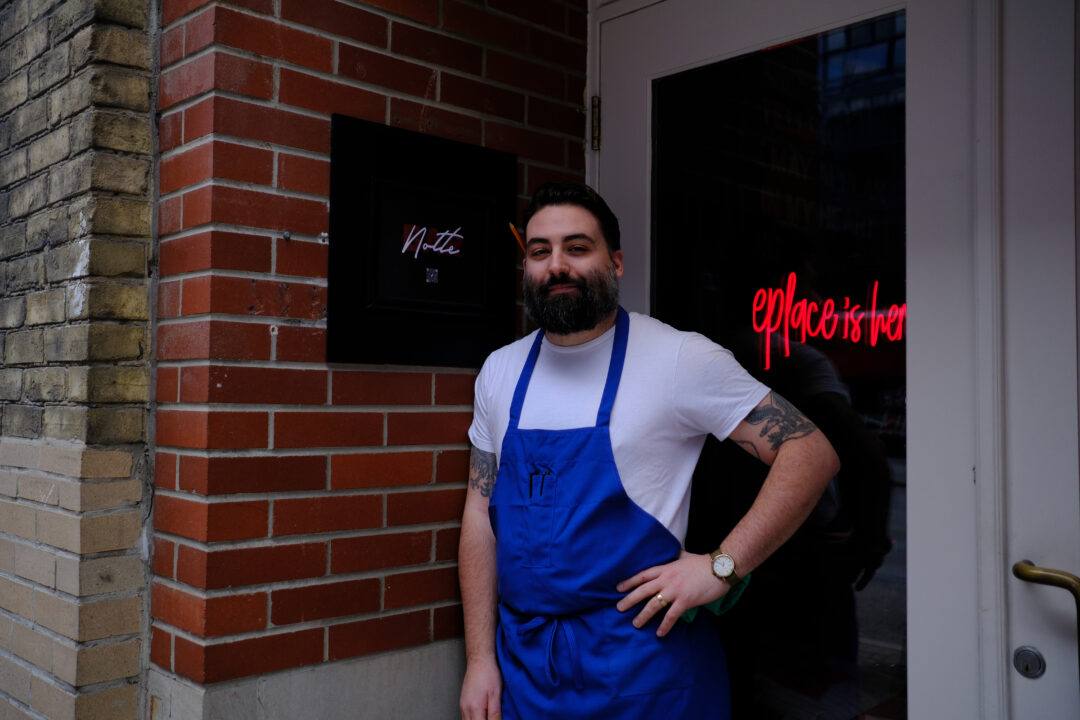Dennis Hanagan –
The St. Lawrence Neighbourhood Association is one of several groups standing behind Toronto City Council in the wake of a Federal Court ruling that appears to hamper a city plan to ban single-use plastic items.
After the federal government designated plastics as toxic under the Canadian Environmental Protection Act, council adopted a plan in December to reduce single-use plastic waste.
However, the Federal Court of Canada later ruled that putting “plastic manufactured items” on a list of toxic substances was unconstitutional. That ruling is being appealed to the Federal Court of Appeal this month.
In a letter to the city’s Infrastructure and Environment Committee in early May, the SLNA’s Waste Reduction Group called on the city “to act immediately” to ban single-use plastic items such as black plastic, foam containers and cups, and plastic bags.
It said such plastics are among the most prevalent litter items that often end up in landfill. Other cities have already addressed the problem, it said.
The SLNA said its waste reduction group is having “a growing impact” locally, working with the city’s Live Green program. Local cafés, restaurants, and St. Lawrence Market vendors are reducing waste and cutting costs by encouraging customers to bring their own reusable bags.
Council discussed the matter at its May meeting. Despite the court ruling, the city wants to hear from its solicitor about “the feasibility to enact and enforce” by-laws to prohibit retail businesses from providing customers with plastic manufactured items.
In a November letter to the environment committee, Michael Zabaneh, vice-president of the Sustainability Retail Council of Canada, pointed out problems fast-food restaurants would face trying to use customer-supplied cups.
“Employees should have the ability to refuse customers’ reusable beverage cups [when] they have not been thoroughly cleaned by the customer, in order to avoid hygiene risks,” Zabaneh said.
Reusable containers presented at drive-throughs would also pose problems, he said. “It would … be inefficient and time-consuming to prepare orders after the customer has arrived at the drive-through windows.”
He said quick-service restaurants are already actively working toward reducing plastic waste.
In a May letter to the committee, Elizabeth Senra of Suppli Sustainable Services in Cabbagetown called for a ban on single-use plastics as “big oil companies,” she said, try to reverse the federal ban.
“A local ban will protect our environment and provide certainty so that no matter what happens at the federal level, we won’t see a return of plastic bags floating down our streets, foam clamshells in the litter and non-recyclable black plastic in our garbage,” Senra said.
The City of Toronto website reports that 86 percent of collected recyclables are shipped to markets in Canada and the U.S. “to be made into something new.
Visit toronto.ca/wastewizard to learn more about what should go into your Blue Bin – and what shouldn’t.




